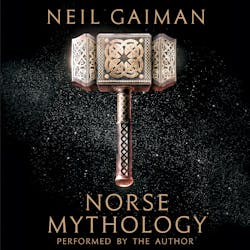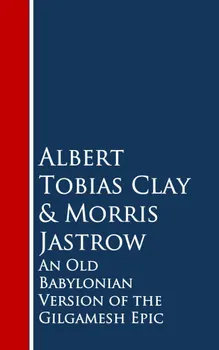The Epic of Gilgamesh is an epic poem from ancient Mesopotamia. Dating from the Third Dynasty of Ur (circa 2100 BC), it is often regarded as the earliest surviving great work of literature. The literary history of Gilgamesh begins with five Sumerian poems about 'Bilgamesh' - Sumerian for 'Gilgamesh', king of Uruk. These independent stories were later used as source material for a combined epic. The first surviving version of this combined epic, known as the "Old Babylonian" version, dates to the 18th century BC and is titled after its incipit, Shūtur eli sharrī ("Surpassing All Other Kings"). Only a few tablets of it have survived. The later "Standard" version dates from the 13th to the 10th centuries BC and bears the incipit Sha naqba īmuru ("He who Saw the Deep", in modern terms: "He who Sees the Unknown"). Approximately two thirds of this longer, twelve-tablet version have been recovered. Some of the best copies were discovered in the library ruins of the 7th-century BC Assyrian king Ashurbanipal.
An Old Babylonian Version of the Gilgamesh Epic
Kom i gang med denne boken i dag for 0 kr
- Få full tilgang til alle bøkene i appen i prøveperioden
- Ingen forpliktelser, si opp når du vil
Forfattere:
Språk:
engelsk
Format:

Erasmus Montanus

Babel : Or the Necessity of Violence: An Arcane History of the Oxford Translators’ Revolution

Neverwhere

Norse Mythology

Snorre I

1984

The Seven Lamps of Architecture

The Valkyrie

Children of Ruin : New intelligences arise in this epic and thrilling sequel to the Arthur C. Clake award winning Children of Time

Review of Adolph Hitler's "Mein Kampf"

Edda : den eldre Edda i ein scenisk versjon

Samtaler med venner

